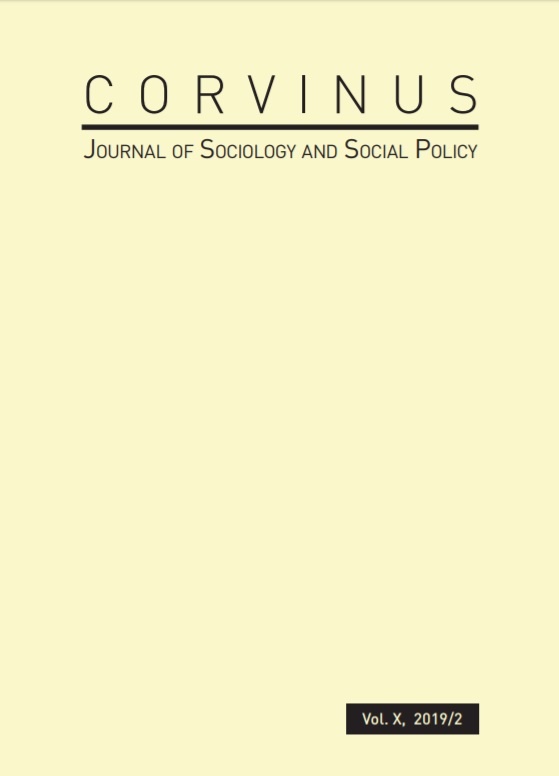The cruelty of data about scientific publication performance: An assessment of the visibility of Hungarian social science by analyzing Hungary's main repository
The cruelty of data about scientific publication performance: An assessment of the visibility of Hungarian social science by analyzing Hungary's main repository
Author(s): Péter Sasvári, András NemeslakiSubject(s): Social Informatics, Scientific Life, ICT Information and Communications Technologies
Published by: Budapesti Corvinus Egyetem Szociológia Doktori Iskola
Keywords: scientometrics; Hungarian Academy of Science; Scopus
Summary/Abstract: The evaluation of scientific publication performance has become one of the most important and, at the same time, one of the most debated issues in international academic circles. This problem is attenuated by the digital transformation of science; online repositories, indexing systems and online visibility have become key enablers of evidence-based assessments of publication performance. In our paper we examine the scientific publication performance of 2131 members of the public body of the IX. Department of the Hungarian Academy of Sciences As its members represent the diversity of Hungarian social sciences very well, it was possible to make a broader generalization about their achievements regarding their publication performance. We found that one third of this sample has an internationally visible presence in the Repository of Hungarian Scientific Artefact (RHSA) database, which is the central repository that provides data for scientific promotion and assessment. By running a two-step cluster analysis, we could identify five typical clusters of scientists based on their publications – each of them focusing on a different outlet such as books, domestic journals, international journals, or a balanced publication strategy that focuses on all the former types. In contrast to previous findings concerning technology acceptance, we found that the younger generation of Ph.Ds often adopt to the use of RHSA less than more senior individuals that have higher academic positions.
Journal: Corvinus Journal of Sociology and Social Policy
- Issue Year: 10/2019
- Issue No: 2
- Page Range: 125-146
- Page Count: 22
- Language: English

